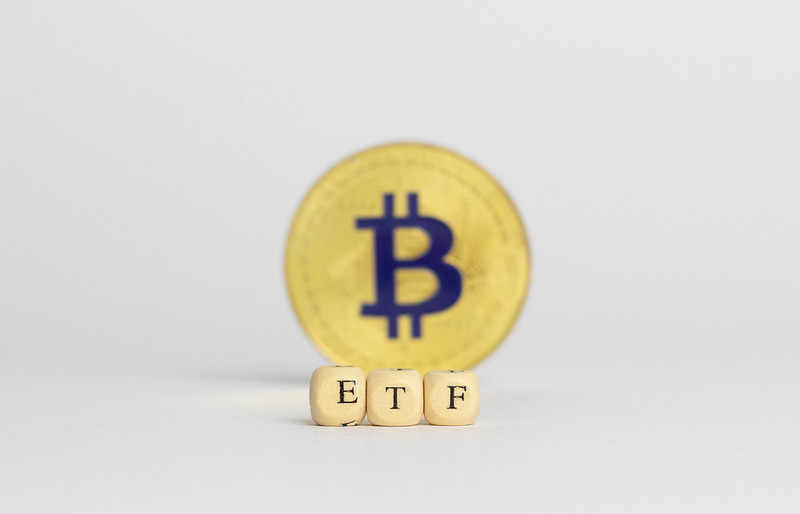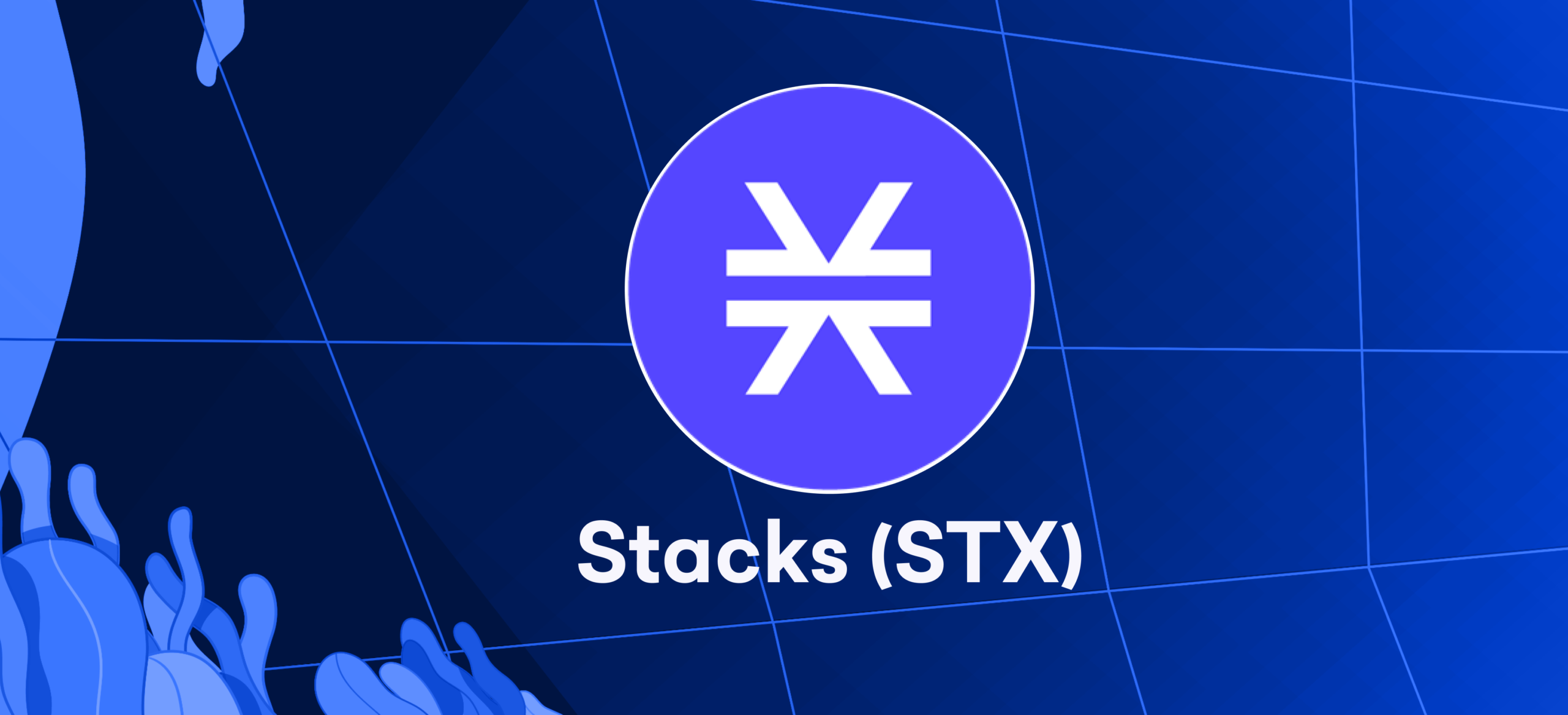
Introduction
Bitcoin Exchange Traded Funds (ETFs) are a unique investment vehicle traded on stock exchanges, resembling individual stocks in their tradeability. These financial instruments typically include a diverse range of assets, such as stocks, commodities, or cryptocurrencies. Their primary objective is to mimic the performance of specific indices or investments.
Emulating Index Performance: S&P 500 ETF as an Illustration
For instance, let’s consider an S&P 500 ETF. This exchange-traded fund comprises shares of companies listed in the S&P 500 index and aims to replicate its performance closely. Whenever modifications occur within the index’s constituents, the ETF manager makes necessary adjustments to ensure the fund continues to track the composition and implementation of the index.
Market Dynamics and Liquidity: ETFs vs. Mutual Funds
Unlike mutual funds, which calculate their net asset value (NAV) once daily at market close, ETFs trade actively on stock exchanges. This constant trading allows investors to purchase and sell ETFs at prices determined by supply and demand swings throughout a trading day.
Enhanced Trading Opportunities and Flexibility
ETFs have the advantage of calculating their net asset value (NAV) multiple times throughout the trading day. However, it’it’sportant to note that investors rely on the market price when conducting trades. This unique characteristic provides investors with enhanced liquidity and flexibility compared to mutual funds. Additionally, ETFs offer a wide array of trading strategies, including short selling and buying on margin options, which are not typically available in mutual funds.
What Does Bitcoin ETF Mean?
Bitcoin ETFs have become a significant financial tool in the ever-evolving world of cryptocurrency investments. These innovative Exchange Traded Funds for Bitcoin allow investors to track BitBitcoin’sice fluctuations without directly owning or managing the currency itself. Such exposure is particularly favored by certain investors.
The Bitcoin ETF holds either Bitcoin or contracts tied to its price. Similar to company shares, it is traded on traditional stock exchanges. With the maturation of the cryptocurrency market, there has been an increased interest observed in two primary types of Bitcoin ETFs: Bitcoin Spot ETFs and Bitcoin Futures ETFs. These classes cater to different investment strategies and risk appetites.
What Does a Bitcoin Spot ETF Entail?
A Bitcoin Spot ETF represents an Exchange Traded Fund that directly possesses Bitcoin as its underlying asset. This means that the performance of a Spot ETF is intrinsically tied to the real-time value of the Bitcoins it holds. When investors purchase shares in a Spot ETF, they effectively obtain a representation of actual Bitcoin, although they do not personally possess the cryptocurrency.
For instance, letlet’sagine there is a Bitcoin Spot ETF called “BT”-one”. “f BTC-one asserts that it possesses 10,000 Bitcoins and has issued 1 million shares, each share would essentially represent 0.01 Bitcoin. This signifies that the performance of BTC-one stands directly tied to the real-time value of the Bitcoins it possesses.
Pros and Cons of Bitcoin Spot ETFs
Pros of Bitcoin Spot ETFs:
Exposure to Bitcoin without Ownership: Investors have the opportunity to participate in BitBitcoin’sice fluctuations without possessing the cryptocurrency itself. This approach eliminates the need for managing and safeguarding digital wallets, which can sometimes pose challenges and cause apprehension for certain individuals.
Regulatory Framework: Bitcoin Spot ETFs are traded on traditional stock exchanges and are subject to regulatory oversight. This regulatory framework aims to instill trust in investors concerned about the unregulated nature of the broader cryptocurrency market.
Familiar Investment Structure: Bitcoin Spot ETFs operate within the normal structure of stock trading, which can provide greater accessibility and convenience for traditional investors already acquainted with stock market operations.
Cons of Bitcoin Spot ETFs:
Price Volatility: The worth of a Bitcoin Spot ETF is highly related to BBitcoin’sprice. Bitcoin, known for its extreme volatility, can cause significant fluctuations in the weight of the ETF. As a result, investors may face potential losses.
Tracking Error: Bitcoin Spot ETFs may not accurately mirror the performance of Bitcoin because of fees and administrative obstacles. This divergence can lead to discrepancies between the returns of the ETF and the actual price fluctuations of Bitcoin.
Cryptocurrency Market Uncertainty: Bitcoin Spot ETFs offer regulatory oversight, which provides a level of supervision. However, iit’simportant to note that the broader cryptocurrency market remains unpredictable and can have an impact on how the ETF performs. IIt’sworth mentioning that events and developments within the crypto market have the potential to influence the value of the ETF.
Higher Fees: ETFs typically impose management fees and various expenses that can diminish an iinvestor’sreturns. These fees often mount up, with certain ETFs charging 2.5% of the assets under their management. Conversely, trading cryptocurrencies in spot markets usually incurs lower fees.
What Does a Bitcoin Futures ETF Entail?
A Bitcoin Futures ETF functions differently compared to traditional Exchange-traded funds. Rather than holding Bitcoin directly, it focuses on investing in Bitcoin futures contracts. These contracts involve agreements to buy or sell Bitcoin at a predetermined price on a specific future date. This unique approach allows investors to speculate on the potential future price movements of Bitcoin without needing to possess the cryptocurrency itself.
Illustrating a Bitcoin Futures ETF
Meet “itFutures” A hypothetical Bitcoin Futures ETF called “itFutures” has been created by a financial institution. Its main aim is to track future prices by acquiring futures contracts. Let imagines that BitFutures intends to purchase 1,000 such agreements, each granting the right to buy one Bitcoin at a fixed price of $55,000. These contracts would have a maturity period of three months.
To generate the necessary funds for these contract acquisitions, ”itFutures”issues 10 million shares. Each share represents a portion of the potential profits or losses derived from these futures contracts. In simpler terms, owning one share means fractional ownership of 0.0001 in each futures contract.””Trading Shares on the Stock Market
Investors have the opportunity to acquire shares of BitFutures through regular stock exchanges, just like they would invest in shares of any other company. If market expectations indicate that the value of Bitcoin will exceed $55,000 within the specified three-month period, these shares might be traded at a premium. Conversely, if market sentiments turn pessimistic, the shares could be traded at a discount.
For instance, consider BitFutures trading at $10 per share. An investor with a positive outlook on Bitcoin prices invests $10,000 to purchase 1,000 shares. If the future contracts become profitable after three months, we expect the value of BBitFuture’sshares to rise. Assuming the iinvestor’sprediction is accurate, and each share increases to $12, their initial investment of $10,000 would now be valued at $12,000—a profit of $2,000.
Indirect Betting on BBitcoin’sFuture Price
Investors who acquire shares of a Bitcoin Futures ETF, like BitFutures, indirectly speculate on the future price of Bitcoin. They can do this without holding the actual cryptocurrency or futures contracts themselves. Instead, they purchase a portion of a fund that has these contracts. Additionally, it is worth noting that Ethereum Futures ETFs operate on similar principles and mechanisms.
Pros and Cons of Bitcoin Futures ETFs
Pros of Bitcoin Futures ETFs:
Exposure to Bitcoin Price Movements: Bitcoin Futures ETFs provide exposure to Bitcoin price movements without the need for direct purchase or storage of the cryptocurrency.
Regulated Environment: These ETFs operate within a regulated framework. This means they must comply with rules and standards set by financial regulatory bodies, providing investors with a sense of security and confidence.
Liquidity: Bitcoin Futures ETFs offer investors liquidity and flexibility as they can be easily bought and sold on traditional stock exchanges. This allows investors to manage their investments.
Cons of Bitcoin Futures ETFs:
No Direct Bitcoin Ownership: Investors who engage in Bitcoin Futures ETFs ddon’tpossess physical Bitcoin; instead, they acquire shares in a fund that directs its investments towards Bitcoin futures contracts. The absence of direct ownership implies that investors wwon’tderive any benefits from holding actual Bitcoin.
Complexity: The performance of Bitcoin Futures ETFs is connected to the complex futures market, influenced by multiple factors. Some investors may find it challenging to grasp these intricacies.
Management Fees: Bitcoin Futures ETFs, like other ETFs, may come with management fees that can impact overall returns over time. Investors must remain aware of these fees and consider their implications on their investments.
Divergence from BBitcoin’sPrice: Bitcoin Futures ETFs may not always mirror the actual price of Bitcoin. Factors like market dynamics and sentiment can cause divergence in their performance.
Counterparty Risks: Bitcoin Futures ETFs involve contracts based on future values, which introduce counterparty risk. This implies that the party responsible for fulfilling the terms of the agreement may fail to do so, potentially impacting the performance of the ETF.
Bitcoin Spot ETFs vs. Bitcoin Futures ETFs: Notable Contrasts
The key distinctions between Bitcoin Spot ETFs and Bitcoin Futures ETFs are conveniently summarized in the table below. It is worth noting that these discrepancies hold even when considering other assets like Ether or alternative forms of investment.
Bitcoin Spot ETFs
- Hold actual Bitcoins
- Directly tied to the real-time price of Bitcoin
- Need to hold and securely store Bitcoins and, therefore may not trade frequently to ensure ETFs reflect Bitcoin’s spot price.
- Typically, we trBitcoin’sin’s spot price closely.
- Direct exposureBitcoin’sin’s price fluctuations. Risks are tied primarilBitcoin’soin’s price volatility.
- Need infrastructure for storing Bitcoins
Bitcoins Futures ETFs
- Hold futures contracts related to Bitcoin
- Influenced by the futures market dynamics
- May trade more frequently, rolling over contracts as they approach expiration, and hence have a more complex liquidity management process
- Might experience significant price divergences Bitcoin’soin’s spot price due to futures market dynamics and contract expiration dates
- Indirect exposurBitcoin’soin’s prices and risks can be influenced by Bitcoin’soin’s volatility and futures market complexities, such as leverage and expiration dates.
- Require expertise in futures contract trading and futures market
Options for Investors: Which Bitcoin ETFs Exist?
Today’say’s financial landscape, a diverse range of Bitcoin and Ethereum Exchange-Traded Funds (ETFs) is available for investment purposes. Finding these investment options is straightforward as reliable sources provide comprehensive lists of these funds. However, exploring efund’snd’s intricacies is crucial before engaging in crypto ETFs. This exploration will help understand essential details such as fee structures, fund managers, and liquidity that play a critical role in decision-making.
Understanding Fee Structures
When considering investing in ETFs, it is important to assess the fee structure carefully. This includes examining management fees, trading fees, and other experiences that could potentially impact your investment returns. It is advisable to prioritize ETF providers with reputable track records, as they offer a more secure investment environment. Additionally, it is crucial to evaluate the liquidity of these ETFs. Opt for ones that facilitate easy buying and selling of shares without significant price fluctuations, as they can provide advantages for investors.
Diversification Opportunities
Moreover, certain Bitcoin ETFs surpass the boundaries of Bitcoin itself and present a wide-ranging exposure to diverse cryptocurrencies. If expanding your cryptocurrency portfolio is your objective, you might want to consider ETFs that maintain a varied selection of digital assets.
A Glimpse into the Future
In 2023, several renowned financial institutions – BlackRock, Invesco, Ark Invest, and Fidelity – have already filed applications for Bitcoin Spot ETFs. This suggests the potential emergence of a wider selection of diversified Bitcoin ETFs in the future if these applications are approved. Crypto enthusiasts eager to expand their investment portfolios might soon witness exciting developments on the horizon.
Is Bitcoin ETF Investment Right for You?
Bitcoin Spot ETFs: Ideal for Direct Exposure Seekers
Bitcoin Spot ETFs cater to investors who desire direct exposure to the real-time price fluctuations of Bitcoin without the added responsibility of managing and safeguarding the digital asset. This particular group often consists of individuals who firmly believeBitcoin’sin’s long-term value proposition and seek an investment vehicle that closely mirrors its market price. Moreover, they are attracted to the simplicity offered by Spot ETFs in contrast to the complexities associated with futures trading.
Bitcoin Futures ETFs: Suited for Experienced Investors
Bitcoin Futures ETFs target a more experienced group of investors. These individuals not only moniBitcoin’sin’s price but also possess experience in navigating the complexities of the futures market. They are interested in hedging other investments or taking advantage of short-term price fluctuations by leveraging the dynamics of the futures market. Moreover, this investor group must be prepared to embrace both the potential risks and rewards associated with futures trading, which include understanding contract rollovers.
Final Thoughts
Bitcoin ETFs act as a bridge between traditional investors and the world of cryptocurrencies. There are two types of ETFs to consider: spot ETFs and futures ETFs. Spot ETFs directly mirror the price movements of Bitcoin by holding the cryptocurrency itself. On the other hand, futures ETFs speculate on future Bitcoin prices using contracts.
It is essential to exercise caution when entering the Bitcoin market due to its inherent risks. Thorough research becomes an imperative prerequisite in such cases. For personalized guidance that aligns investments with individual goals and risk tolerance, consulting a trusted financial advisor comes highly recommended.








